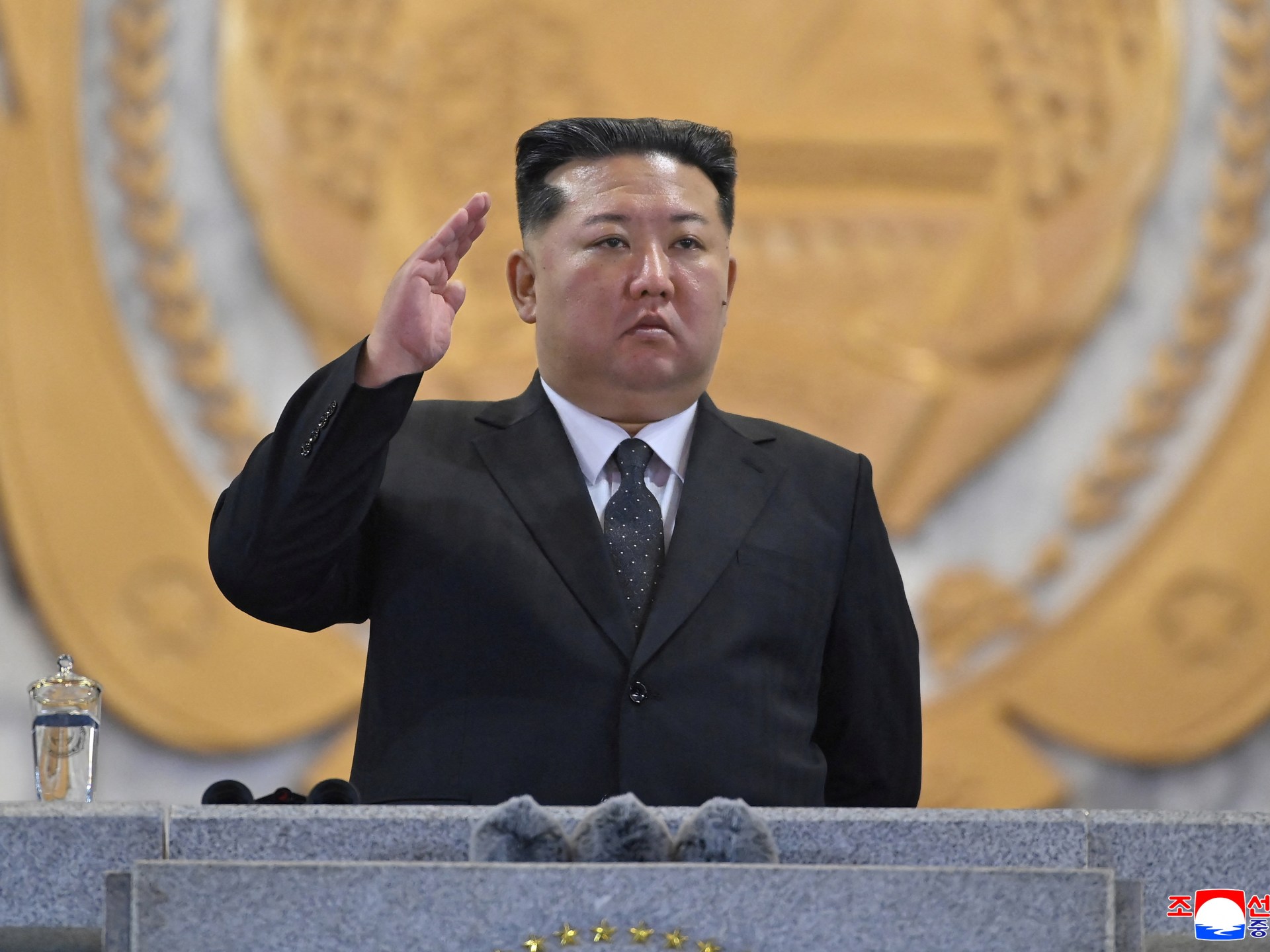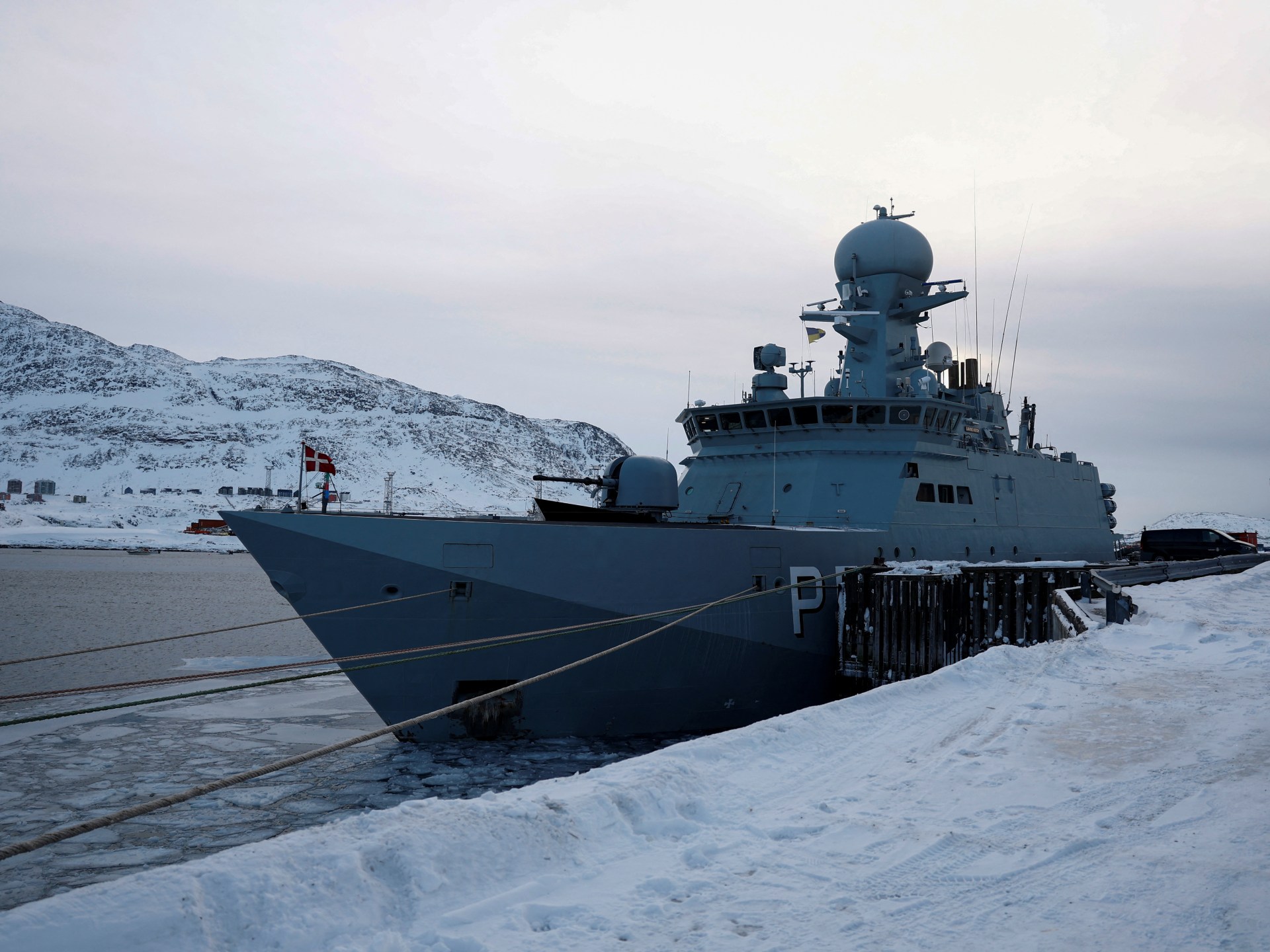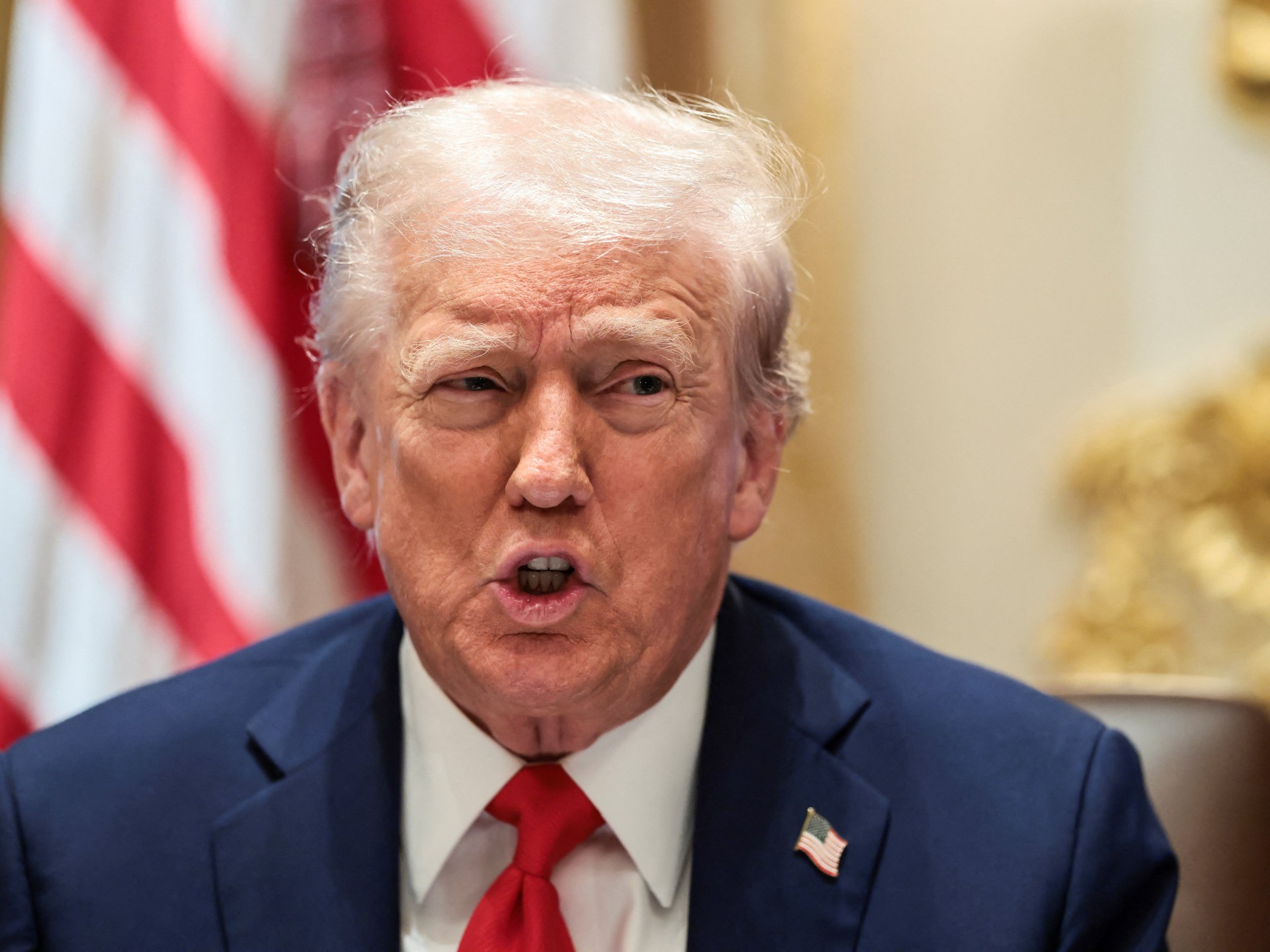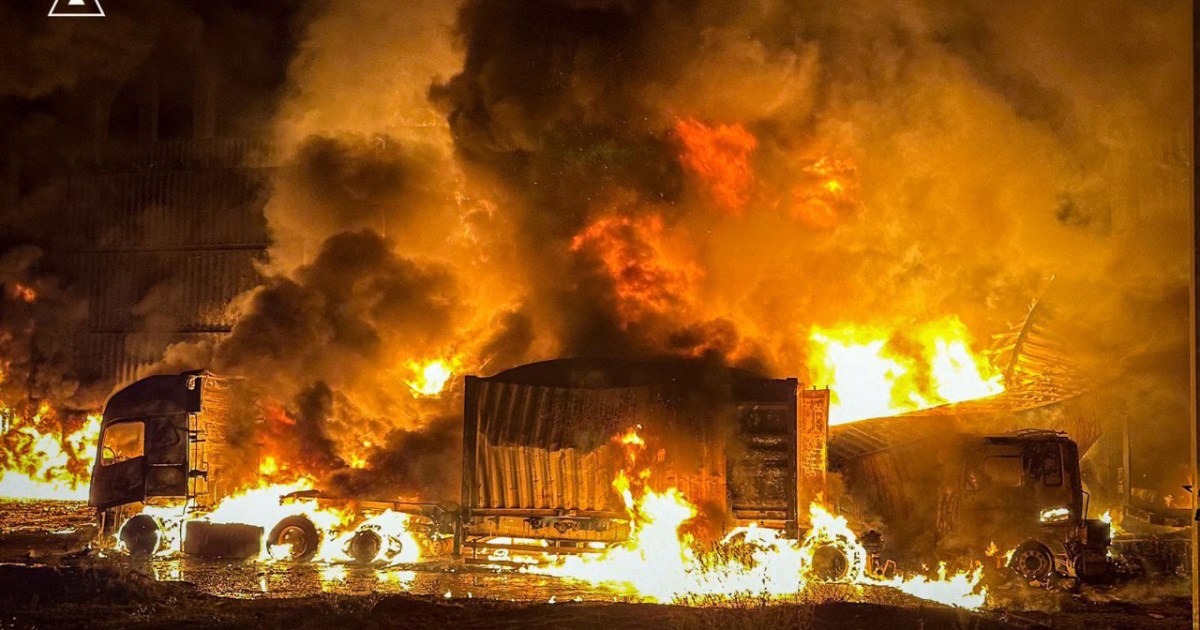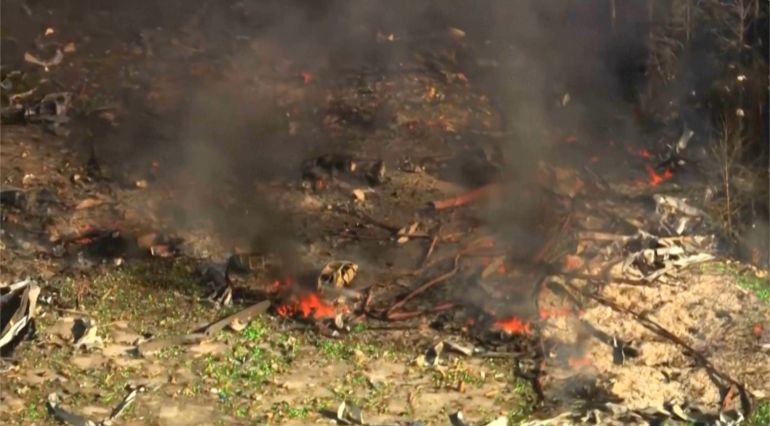Denmark plans to spend roughly 27.4 billion Danish kroner ($4.26bn) in an effort to shore up its defence capabilities in the Arctic and stave off threats made by United States President Donald Trump against the Danish semi-autonomous Greenland.
The massive cash injection in defence will cover the purchase of two additional Arctic vessels, a new Arctic command headquarters, a North Atlantic undersea cable and maritime patrol aircraft, the Danish Ministry of Defence said Friday.
Recommended Stories
list of 4 itemsend of list
Denmark’s military also plans to acquire 16 additional F-35 advance fighter jets, bringing its total fleet to 43 in a move that Chief of Defence Michael Hyldgaard called an “assertion of sovereignty”.
The new jets, he added, will “significantly” boost “the combat power, flexibility and Danish contribution to NATO”.
Denmark has embarked on a fast-moving campaign to build up its defence capabilities in response to both Russia’s war on Ukraine and Trump’s repeated assertions that he wants to acquire – one way or another – Greenland, which was subject to Danish rule for nearly three centuries.
Last month, Denmark made its largest-ever arms purchase of European-made air defence systems worth 58 billion Danish kroner ($9.2bn), and separately announced a “paradigm shift” to acquire – for the first time – long-range missiles in an effort to deter Russia.
Although Trump has not recently returned to his repeated demand earlier this year to “buy” Greenland, Denmark has not forgotten Trump’s threats.
Earlier this week, news outlet Politico reported that Danish President Mette Frederiksen told parliamentarians that while “there is perhaps a feeling that we can breathe a sigh of relief … it is my belief that we cannot”.
The White House has previously defended Trump’s position, saying the president sees Greenland as “a strategically important location, and is confident Greenlanders would be better served if protected by the United States from modern threats in the Arctic region”.
But Greenlandic leaders have roundly rejected the idea, with Prime Minister Jens-Frederik Nielsen telling the European Parliament on Wednesday that the territory faces a “pivotal moment” amid geopolitical rivalries.
“Greenland needs the European Union, and the European Union needs Greenland,” he said.
Scramble for the Arctic
The Arctic’s potential opportunities for strategic trade, energy exploration and exploitation of rare earth minerals – which are expected to increase as climate change melts vast swaths of ice – have made the region the unlikely centre of Russia-China-US rivalry.
Russian President Vladimir Putin has built up Russia’s military capabilities in the Arctic in what analysts say is partially an effort to develop the Northern Sea Route, the shortest shipping pathway between Europe and the Asia Pacific region.
Putin’s ambitions have stirred controversy in part because the route covers areas “expected to become increasingly navigable” thanks to climate change and extend far beyond Russia’s current territorial waters, the Atlantic Council has reported.
China has also emerged as Russia’s partner on several Arctic infrastructure projects while pursuing its own interests, including deploying vessels to collect vast amounts of data in pursuit of new shipping routes and natural resources.
In a report last year, the US Department of Defense cautioned that China and Russia “are collaborating in the Arctic across multiple instruments of national power” and warned “their growing alignment in the region is of concern” – a characterisation the duo both denounced.
Putin has also said he is open to Western partnership in the Arctic.
